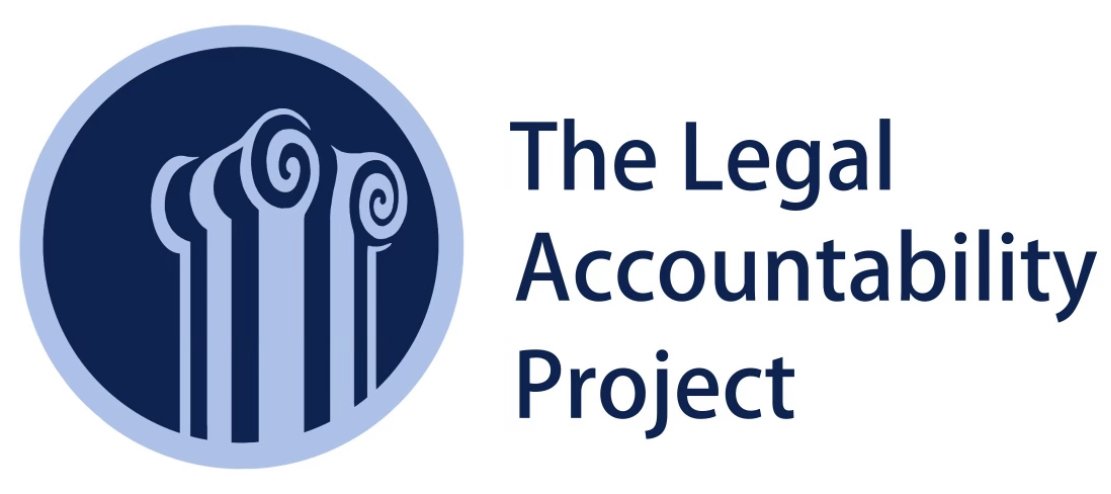“The whole purpose here is to improve and enhance the clerkship experience for the people that we judges depend on to do this important public work.”
- Judge Douglas Nazarian, Appellate Court of Maryland, LAP Advisory Board Member
How does The Legal Accountability Project’s Centralized Clerkships Database benefit judges?
LAP’s Database helps judges obtain more, stronger applicants, thereby serving as a recruitment tool for courthouses and a comparative market advantage for individual judges, by spotlighting positive workplaces and judges who are strong managers.
LAP’s Database particularly helps level the playing field for state court judges and judges who work in remote locations, and who may have trouble recruiting candidates. Applicants tell LAP they’ve added judges to their lists who they wouldn’t otherwise have applied to, based on reviews in LAP’s Database.
LAP’s Database helps judges recruit more diverse clerkship applicants. Historically marginalized groups disproportionately lack access to formal networks and information channels that help some of their peers obtain clerkships and may not know why they should clerk, let alone how to get a clerkship. By providing transparent information, LAP’s Database levels the playing field for them. Diversity among law clerks benefits judges by fostering diversity of thought and life experience in chambers and thereby fostering fairer and more balanced judicial decision-making.
A better judiciary creates a better society. LAP’s Database raises the bar on workplace civility in the judiciary, encouraging every judge to take a hard look at their role as manager and mentor, and seriously consider the chambers culture they create and the tone they set for the law clerks they hire and supervise.
By increasing transparency, LAP’s Database fosters increased public confidence in the judiciary.
By increasing transparency, LAP’s Database helps judges identify good fits and positive working relationships for their chambers. Not every applicant is a good fit with every judge. Yet due to the opacity of the clerkship application process right now, and the lack of information about judges as managers and clerkship experiences, neither judges nor clerks can make informed hiring or employment decisions.
LAP’s Database increases the pool of total clerkship applicants for judges to choose from by encouraging more law students to pursue judicial clerkships. Law students regularly describe the clerkship process as “opaque,” “confusing,” “nebulous,” and “a black box” and choose not to clerk as a result. Increased transparency will increase the total applicant pool while giving students and clerks confidence that they will be treated fairly and respectfully throughout the interview process and their tenure as law clerks.
Today’s law clerks are tomorrow’s law firm associates and partners; prosecutors and public defenders; and judges. By improving and diversifying the clerkship pipeline, the Database helps train the next generation of attorneys who will appear before judges in particular jurisdictions – and who may become judges themselves – thereby shaping the future face of the legal profession.
LAP’s President and Founder Aliza Shatzman speaks with LAP board member Judge Douglas Nazarian of the Appellate Court of Maryland at University of Maryland Carey Law.


